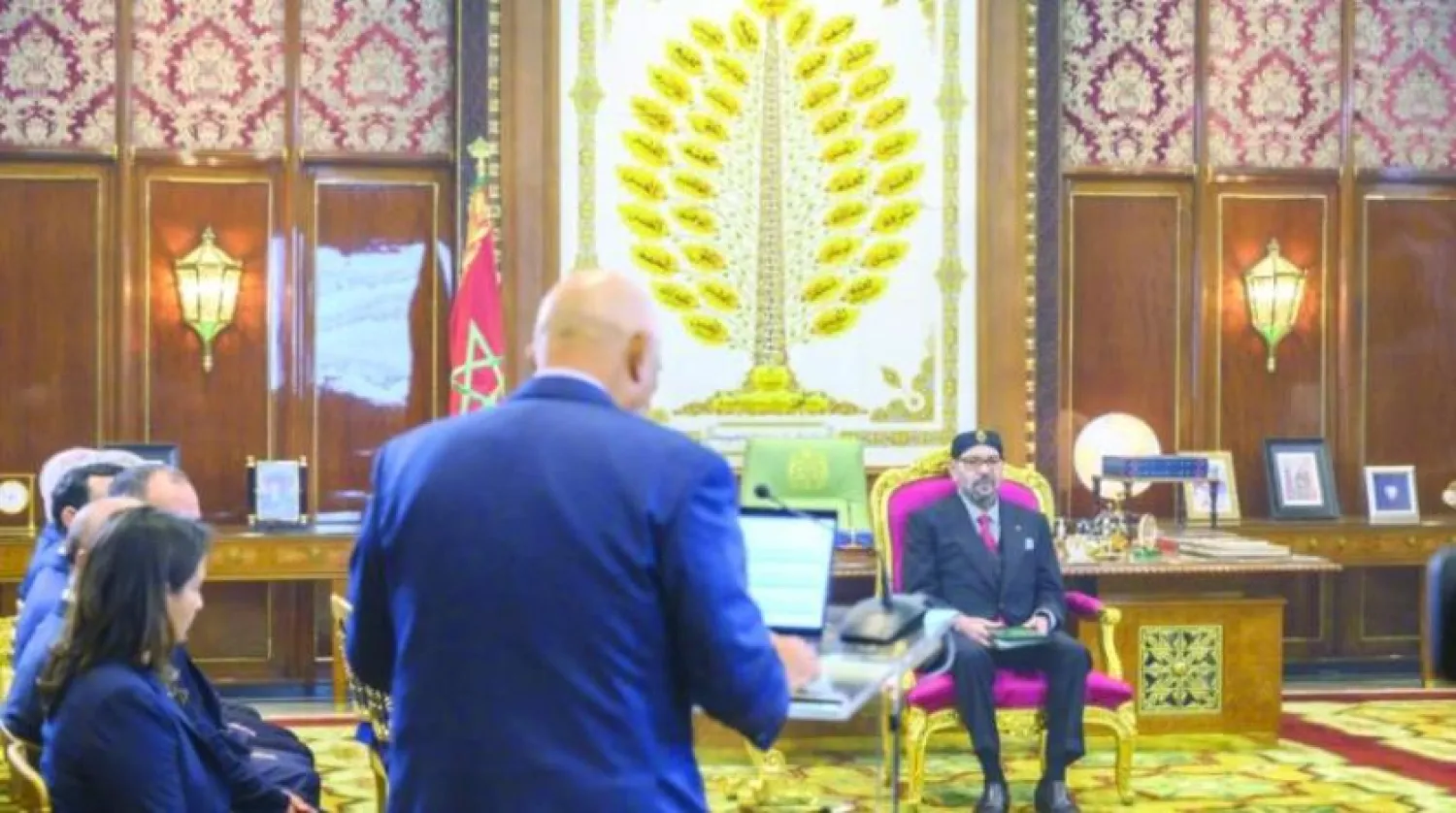The Moroccan government signed a Memorandum of Understanding with the Cherif Phosphate Office (OCP) related to the new "green investment program."
King Mohammed VI presided over the signing ceremony that was held at the Royal Palace in Rabat on Saturday.
The $13 billion investment plan covers the period between 2023 and 2027, as well as a MoU between the Group and the Moroccan government.
The investment program is part of the administrative framework in the transition to green energies and a carbon-free economy. It also extended the working session chaired by the King on November 22 that was devoted to developing renewable energies.
OCP President and General Manager Mostafa Terrab presented the results of the previous investment program, which allowed it to establish its position in the fertilizer market.
The Group's fertilizer production capacities tripled, placing among the world's phosphate fertilizer producers and exporters.
It relied on the research and development capabilities of the Mohammed VI Polytechnic University (UM6P) to benefit from the opportunities offered by new industrial and digital technologies and develop innovative technologies' expertise for rational fertilization.
Terrab presented to King Mohammed the new "green investment program," which is based on increasing fertilizer production capabilities, with a commitment to achieving carbon neutrality before 2040 by boosting reliance on renewable energies.
The Group aims to provide all its industrial facilities with green energy by 2027 by investing in solar and wind power.
The investment plan, Terrab announced, includes supporting programs for Small and Medium-Sized Enterprises (SMEs) operating in the industrial, agriculture, and energy sectors.
It would contribute to the emergence of an innovative national ecosystem and create new opportunities for employment and professional integration of young people.
The new program has allocated a total investment of $13 billion between 2023 and 2027 and aims to increase the local integration rate to 70 percent to support 600 Moroccan industrial enterprises and create 25,000 direct and indirect jobs.










